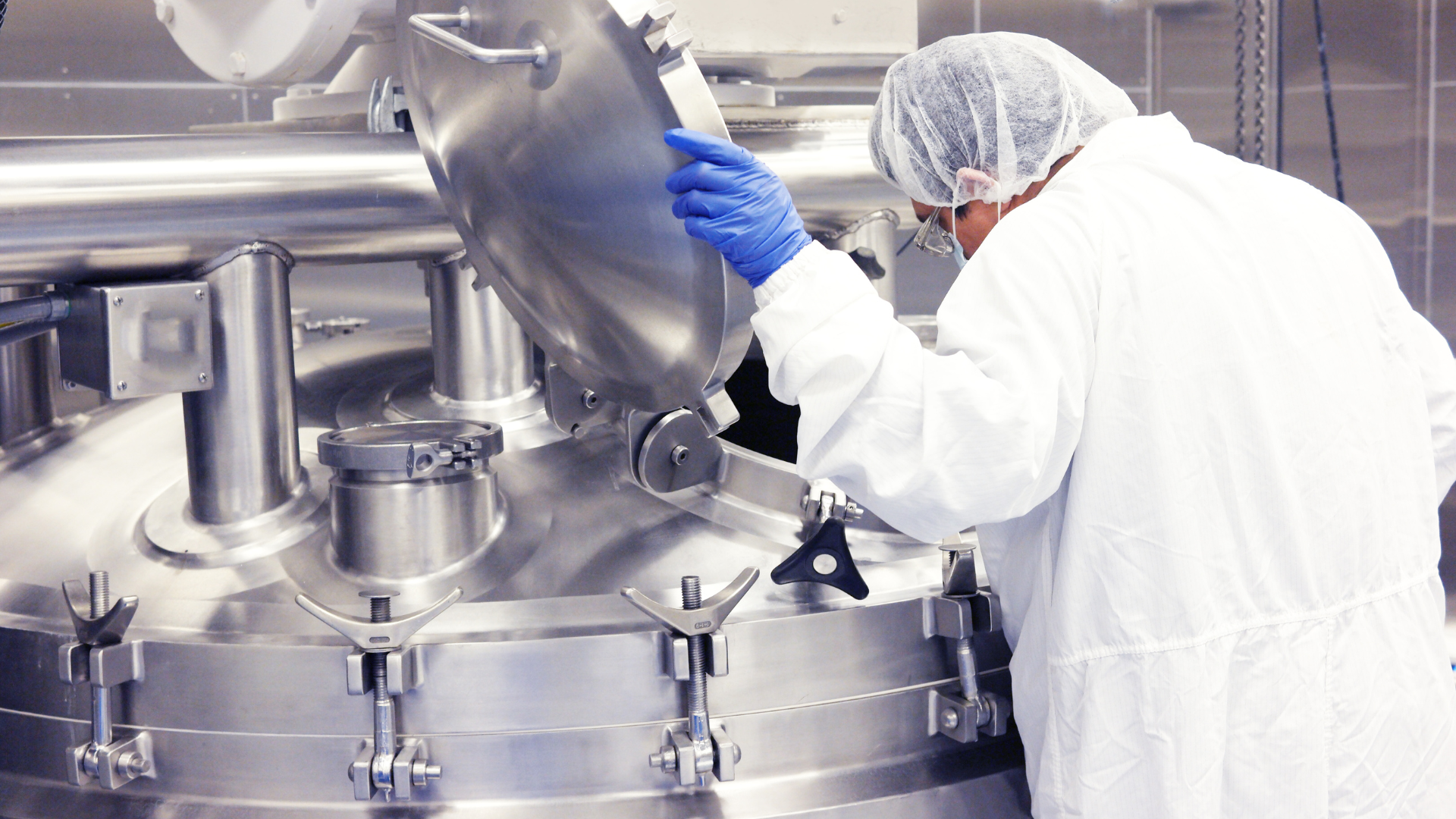Gene Knockout Mice in Disease Modelling

Gene knockout mice are one example of this innovation: an approach to exploring new treatment options by removing specific genes.
The first knockout mouse was bred in 1989 as the product of research by Mario Capecchi at the University of Utah, Oliver Smithies at the University of North Carolina, and Martin Evans of Cardiff University.
The trio were subsequently awarded the Nobel Prize in Physiology or Medicine in 2007: gene knockout mice are now considered vital to efforts to interpret and respond to diseases.
The process of gene targeting provides a means of altering a specified gene to determine its biological role, and to examine how its activation or absence affects the organism.
To create a gene knockout mouse, scientists or researchers genetically alter the animal by disrupting a gene of interest.
This may be achieved by deleting portions of the mouse's DNA to make a specific gene nonfunctional, or by replacing the gene with an altered sequence.
- How has AI helped to bring approved gene therapy products through the approval pipeline?
- Beating the system with advanced high throughput and real-time analytics for biopharma
- Combinatorial culture technology for stem cell therapy applications
Studying knockout mice can provide information about how a knocked-out gene normally functions, including its biochemical, developmental, physical, and behavioural roles.
Since mice share many genes with humans, knockout mice are used in research to examine the functions of human genes and human diseases.
This then helps scientists learn more about how diseases develop relative to a particular gene of interest, what symptoms occur, and how they can be treated.
Examples of diseases where knockout mice have been used for generating disease information include various kinds of cancer, heart disease, diabetes, arthritis, substance abuse, and Parkinson's disease.
These approaches have paved the way for new therapeutic options for more common diseases, such as allogeneic stem cell transplantation.
In the area of precision medicine, the study of new diseases is now accelerating the promise of personalised medicine.
Get your weekly dose of industry news and announcements here, or head over to our Cell portal to catch up with the latest advances in cellular therapies.







